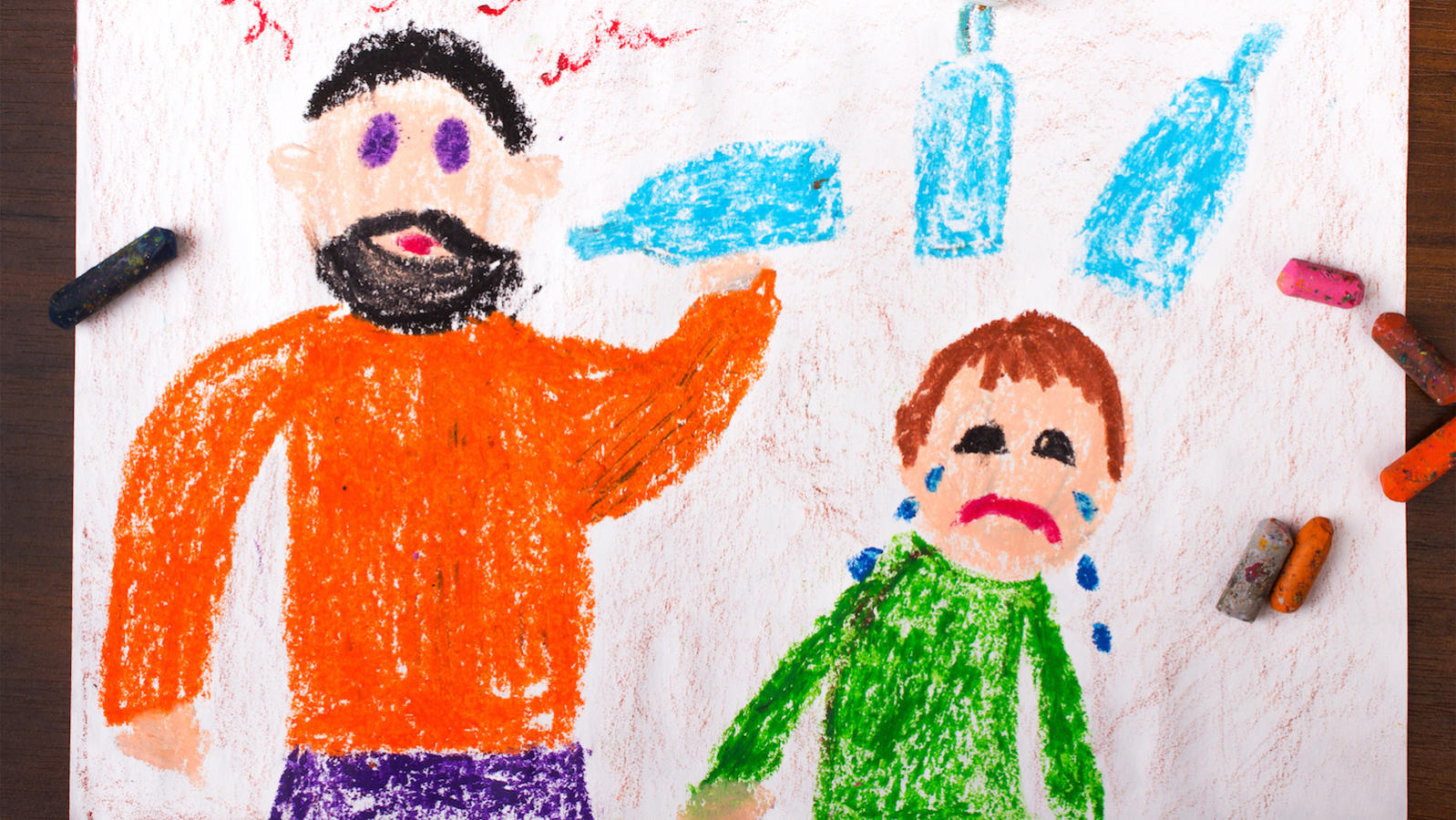Commentary on Parashat Shmini, Leviticus 9:1-11:47; Exodus 12:1-20
One of the most essential qualities that we look for in someone in whom we would want to put our trust is sobriety. We want to know that a person to whom we are turning for help is able to listen to us with full, undistracted attention.
It thus should come as no surprise that, in this week’s Torah portion, priests are prohibited from excessive drinking: “Drink no wine nor other intoxicant … when you enter the Tent of Meeting … for you must distinguish between the sacred and the profane, and between the unclean and the clean; and you must teach the Israelites all the laws which Adonai (God) has imparted to them through Moses” (Leviticus 10:8-11).
The Priests & Excessive Drinking
Yet it may come as a surprise to realize that the priests had to be warned against excessive drinking. Shouldn’t it have been obvious that inebriation would prevent them from appropriately fulfilling their responsibilities?
Perhaps not. This law reminds us that, in every age, men and women have succumbed to the deleterious effects of alcohol and other drugs. Alcohol has long been known to humankind as a source of comfort in times of stress. For example, in the Book of Proverbs (31:6) we read, “Give strong drink to the hapless and wine to the embittered. Let them drink … and put their troubles out of mind.”
Yet strong drink can cloud one’s judgment and lead one astray. As Isaiah wrote, “Priest and prophet are muddled by liquor; they are confused by wine. They are muddled in their visions, they stumble in judgment.” It was probably as tempting thousands of years ago as it is today, for men and women–especially those in high-profile occupations–to drown their sorrows in alcohol.
Though the effects of alcohol have long been known, alcoholism has not always been well understood. Too often in the past, alcoholics would be mocked or despised, punished or banished from the community.
Too often they would have to fend for themselves, without any of the communal support systems that are available to aid those in distress–and sadly, particularly among Jews, without honest acknowledgement of the disease of alcoholism and addiction within our communities.
Alcoholism Can Be Treated
Today we recognize that alcoholism and chemical addiction are conditions that can be treated. They require a firm commitment on the part of the affected individuals, but also the explicit and implicit support of their community as well.
JACS (Jewish Alcoholics, Chemically Dependent Persons, and Significant Others) is an important organization that has helped thousands of Jews who are in the process of recovering from alcoholism and chemical dependency. JACS can be a lifeline to the Jewish alcoholic or addict and to members of his or her family who may feel isolated and alone–as individuals affected by addiction in the Jewish community, and as Jews within the recovery community.
Once upon a time, Jews found it hard to believe that there were any Jewish alcoholics. Denial was a natural, conventional response to the suggestion that Jews might also be susceptible to alcoholism or other addictions. Now, we know better, and yet still many Jews feel ashamed to admit that they or members of their family suffer from chemical dependency.
All of us can help in this regard. Without erring by becoming co-dependent or unwittingly cooperating with unhealthy patterns, we can and should offer support. We can open our synagogues and JCCs to 12-step programs–which assist people in their recovery from a wide range of addictions (including gambling, overeating, and sex) as well as their families, and are often located in churches–and JACS meetings. We can reach out with compassion and concern, as individuals and as communities. And we can work to raise awareness about addiction in the Jewish community
Many of us take our sobriety for granted, yet there are many men and women who have to work very hard at being healthy and sober each and every day of their lives. Shouldn’t we consider it holy work to help them achieve their goal?
Provided by SocialAction.com, an on-line Jewish magazine dedicated to pursuing justice, building community, and repairing the world.
Torah
Pronunced: TORE-uh, Origin: Hebrew, the Five Books of Moses.



